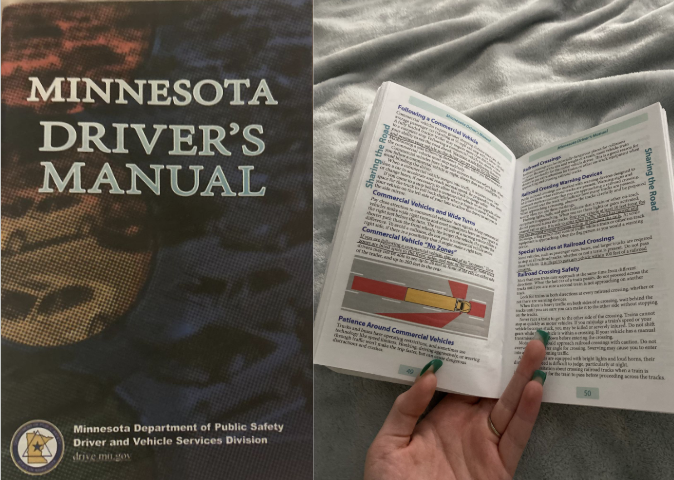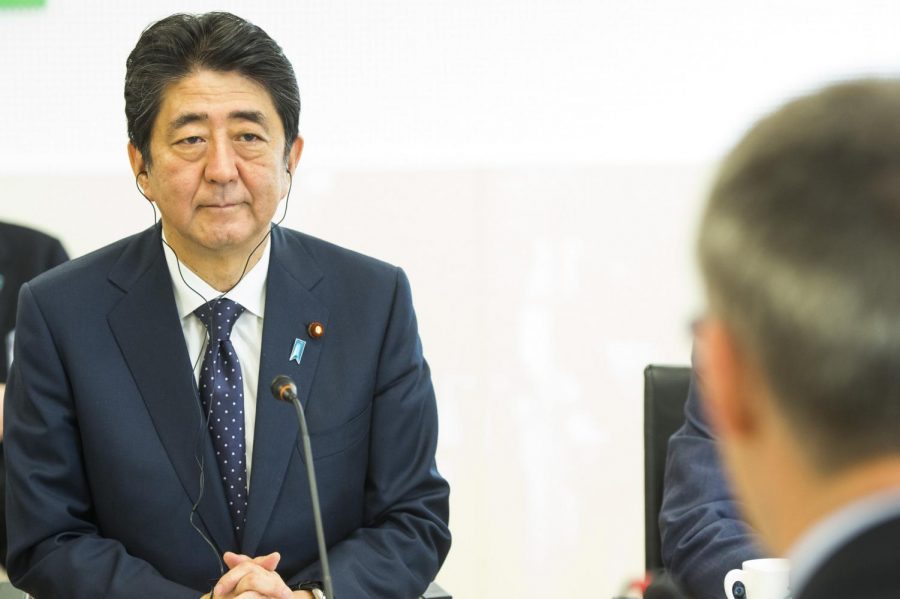The Japanese government needs to apologize for its brutal colonial past
The government hasn’t fully come to terms with the real harm it did to South Korea.
NATO, via Flickr, creative commons
The Japanese government has not fully apologized for past brutal mistreatment of South Korea.
*Editor’s note: Please note that this article contains descriptions of sexual assault and violence that some may find disturbing.
The Japanese government should apologize for its past. During WWII, the Japanese government stripped colonized Korea of its rights and resources; soldiers raped young Korean girls and their government enslaved Korean men. To this day, Korea lives in fury and suffers from this past. There are still women and men seeking a sincere apology. It’s long overdue. The Japanese government should apologize while the victims are willing to forgive; the Japanese government should apologize because history will remember. Japan’s crimes against humanity during WWII have been noted in history.
Yi Ok-seon, 91, was only 14 years old when two Japanese men threw her in the back of their truck. She was then sent to a brothel called the “comfort station” to service Japanese troops. “I felt really violated, being tricked and taken like that as a young teenager,” she said. “It was like a slaughterhouse there–not for animals, but for humans. Outrageous things were done.” Yi was raped up to 40 times a day for three years. The torture didn’t stop there; she was beaten and threatened with a knife.
Chong Ok Soon, born in 1920, has her past tattooed to her stomach; the soldiers drew on her body with a knife and the scars still remain. She said during the UN testimony, “We were tortured even more and I was hit on my head so many times that all the scars still remain. [Japanese soldiers] also tattooed me on the inside of my lips, my chest, my stomach and my body.” She also noted, “Each time I protested, they hit me or stuffed rags in my mouth. One held a matchstick to my private parts until I obeyed him. My private parts were oozing with blood.”
Kang Il Chul was stabbed, whipped, and beaten. The Independent reported, “At the age of 15, she says she was taken and sent to a Japanese base in Manchuria. On her second night, before her first menstruation, she was raped. Soldiers lined up night after night to abuse her. She has scars below her neck from cigarette burns and says she suffers headaches from a beating she took at the hands of a Japanese officer.”
These stories are only a few from the 200,000 “comfort women” of which fewer than 40 are alive today; according to Deutsche Welle, most of them “committed suicide [and] drowned and hung themselves” during the war and others have passed due to old age.
In 2015, Japan did promise $8.3 million to a victim foundation that nurses comfort women but significantly lacked full acknowledgment of their atrocious acts. That year, they did offer a heartfelt apology and remorse, but it was limited only to the involvement of Japanese military authorities; they didn’t recognize their establishment of comfort stations and forced sex slaves.
The United Nations Human Rights Office of the High Commissioner’s requisite for reparation for harm suffered requires a “public apology, including acknowledgment of the facts and acceptance of responsibility.” Japan has not fulfilled this criteria. These women were stripped of their youth. Most women died never hearing a word of apology. Reaching the end of their lives, the women alive continue to demand a formal, sincere apology from the Japanese government. All they are asking the government to do is to acknowledge their crimes and ask for forgiveness.
Japan’s brutality did not stop with young girls. Japan’s munitions company Mitsubishi forced 58,000 Korean men to work at coal mines, steel mills, and shipyards at Hashima Island. Korean workers extracted coal from the mines and many died from explosions and collapses. They were overworked and malnourished. Choi Jang-seop said, “[Forced laborers] ate only a hunk of rice ball while working a double shift for 12 hours a day. It’s not once or twice that I felt bitter about my motherland.” The workers plotted escapes and revolts but were all seized by the Japanese.
UNESCO designated Hashima Island as a historic site for its rapid industrialization. Japan’s application to UNESCO, however, did not note the forced slavery that was used to build the city. The application stated that Korean miners supported Japan’s growth dismissing the truth where men were drafted against their will. Japan later did note they were “forced to work under harsh conditions” but again stressed there was no “forced labor.”
Testimonies and evidence intensely prove Japan’s crimes against humanity. History notes their blood-shedding actions and infringement of basic human rights. That will not change. For too long, they’ve dodged their despicable past. For too long, they’ve ignored the tears of comfort women and the wounds of the miners. The Japanese government must apologize.











































